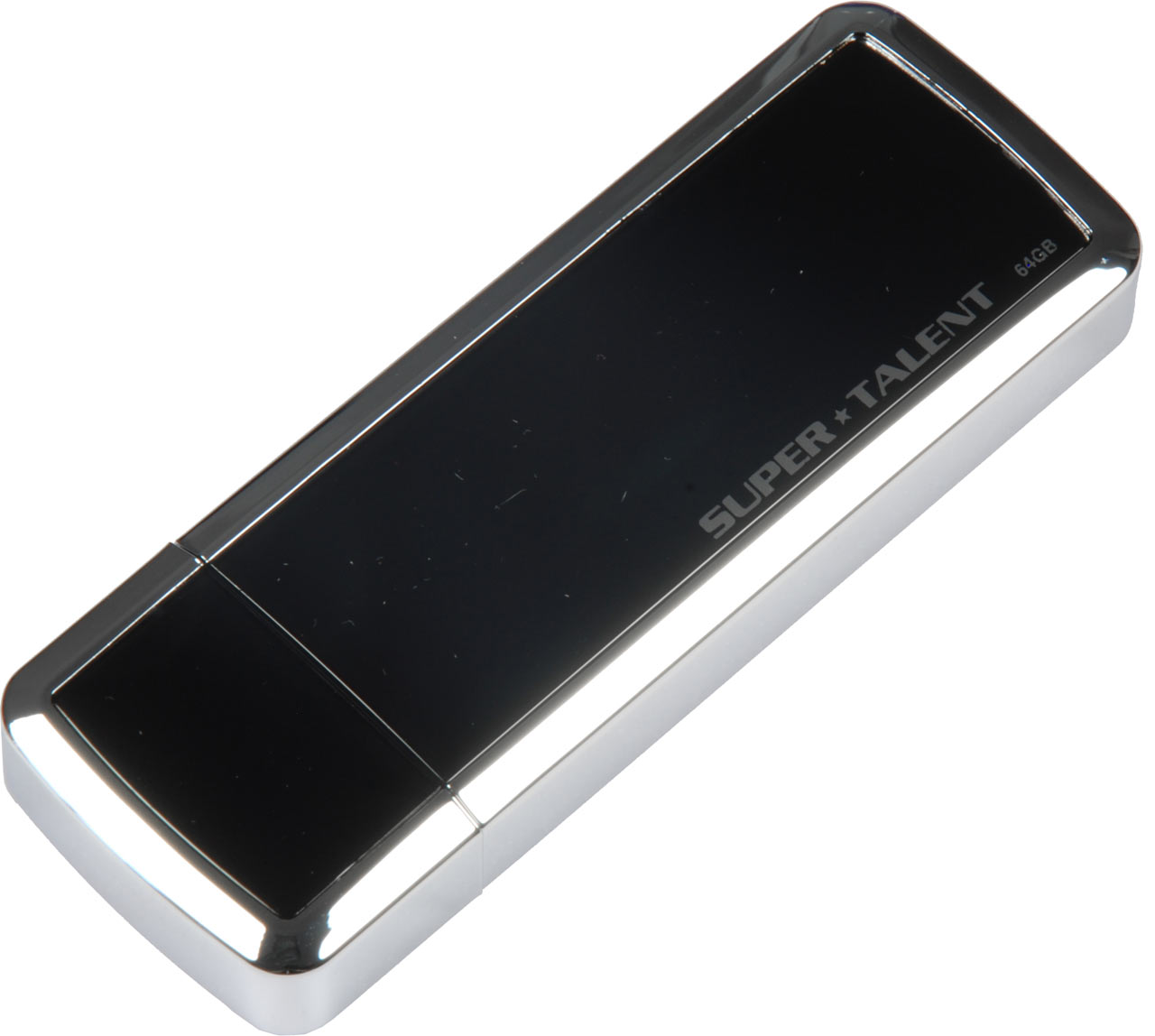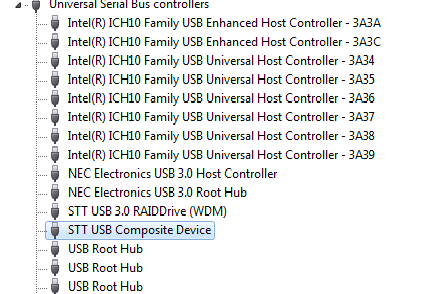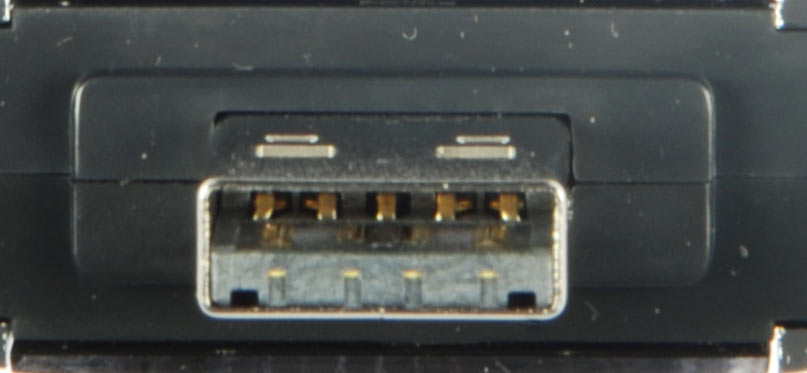USB 3.0 On A Stick: Super Talent's RAIDDrive 64 GB
Wondering how fast USB 3.0 runs compared to USB 2.0 and eSATA? We take three flash-based thumb drives and run them through our storage benchmarks. We don't expect to see the interface's 500 MB/s maximum any time soon, but the results might surprise you.
Super Talent USB 3.0 RAIDDrive (USB 3.0, 64 GB)
This is one of the first USB 3.0 thumb drives we received in our test lab. Super Talent offers the RAIDDrive, the self-encrypted SuperCrypt, and the Express Drive. All utilize the USB 3.0 interface. The RAIDDrive is available at 32, 64, or 128 GB, but be prepared to fork out at least $250 just for the 32 GB model. The 128 GB model more than doubles this.
However, Super Talent gives a lot in return. As the name indicates, the drive is built on a RAID stripe set based on two flash memory channels designed to increase throughput on USB 3.0. Super Talent published a performance expectation document in which the vendor talks about capabilities and performance requirements. It claims to reach more than 300 MB/s, but there’s a catch.
First of all, you might need the 128 GB model to ever see this throughput. The 32 GB and 64 GB models are more limited. You’ll more likely see results like those found in the benchmark section of this article: up to 178 MB/s on an X58 platform with an NEC USB 3.0 controller on a PCI Express slot.
Super Talent went a step further by offering a modified driver that replaces Microsoft’s mass storage driver for the RAIDDrive. It is the first and most important step to increase performance, but it’s also part of the catch. The driver effectively makes throughput CPU-dependent. On our Core i7-920 reference system, we can't reach those rated 300 MB/s speeds, as the CPU simply is too slow. Super Talent even refers to overclocking as a possible way of increasing RAIDDrive performance.
The Super Talent driver refused to work on our storage test system under Windows 7 Ultimate. The PC wouldn’t even boot anymore after installation. We had no choice but to recover to a system restore point to start over. A separate test run on a Core i7-870 system returned 220 MB/s maximum read throughput, but this didn’t solve the issues on our reference system. Plug-and-play device detection would reset the driver to the Microsoft default and the system didn’t survive a restart.
Be that as it may, the RAIDDrive still provides performance that’s so far ahead of conventional USB 2.0 and eSATA thumb drives that the driver shouldn’t matter too much. There’s little competition, and we doubt that your system infrastructure can provide sustained 170 MB/s write rates to accept data from the RAIDDrive. Even when looking at write throughput, we’re seeing between 2x and 4x increases compared to USB 2.0 hardware. The RAIDDrive runs hot, reaching 55°C after intensive operation, so be sure not to cover it.
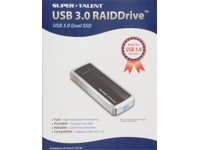
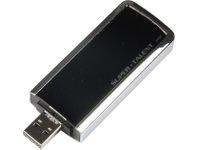
Get Tom's Hardware's best news and in-depth reviews, straight to your inbox.
Current page: Super Talent USB 3.0 RAIDDrive (USB 3.0, 64 GB)
Prev Page OCZ Throttle (eSATA, USB 2.0, 8 GB) Next Page USB 3.0 Controller And Test Setup